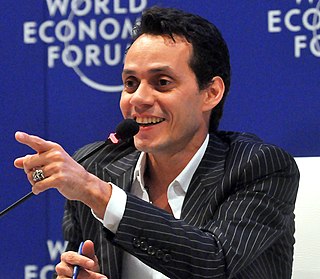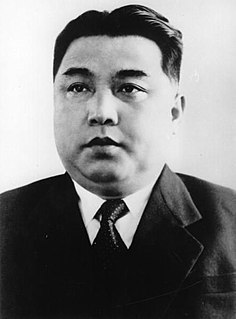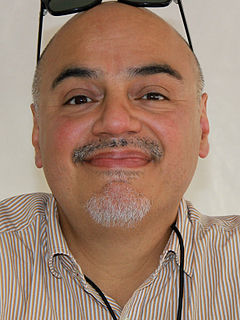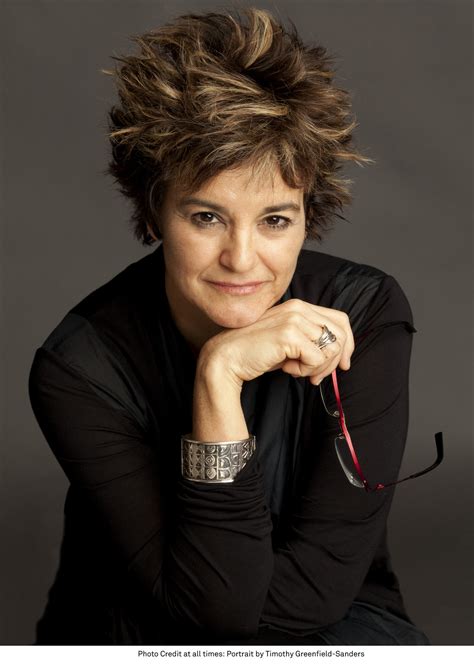A Quote by Bocafloja
The Latin American Left, the criollos, direct descendents of Spaniards, they don't want to accept that they are the whites of Latin America. They don't want to talk about race. The discussion for them is based on class struggle, rich against poor, but doesn't offer the possibility of a dialogue about racial questions.
Related Quotes
If it is an element of liberation for Latin America, I believe that it should have demonstrated that. Until now, I have not been aware of any such demonstration. The IMF performs an entirely different function: precisely that of ensuring that capital based outside of Latin America controls all of Latin America.
I want to bring Americans into some experiences they ordinarily would not consider. Experiences in Latin America, people in Latin America, I want to bring them closer to those people, and I know I have to work extra hard at my craft to reach across these increasing chasms, these gaps that exist between different kinds of Americans, and that's the work of the artist, is to create these works that sort of help us understand our time.
The Latin American cause is about all a social cause: the rebirth of Latin America must start with the overthrow of its masters, country by country. We are entering times of rebellion and change. There are those who believe that destiny rests on the knees of the gods; but the truth is that it confronts the conscience of man with a burning challenge.





























